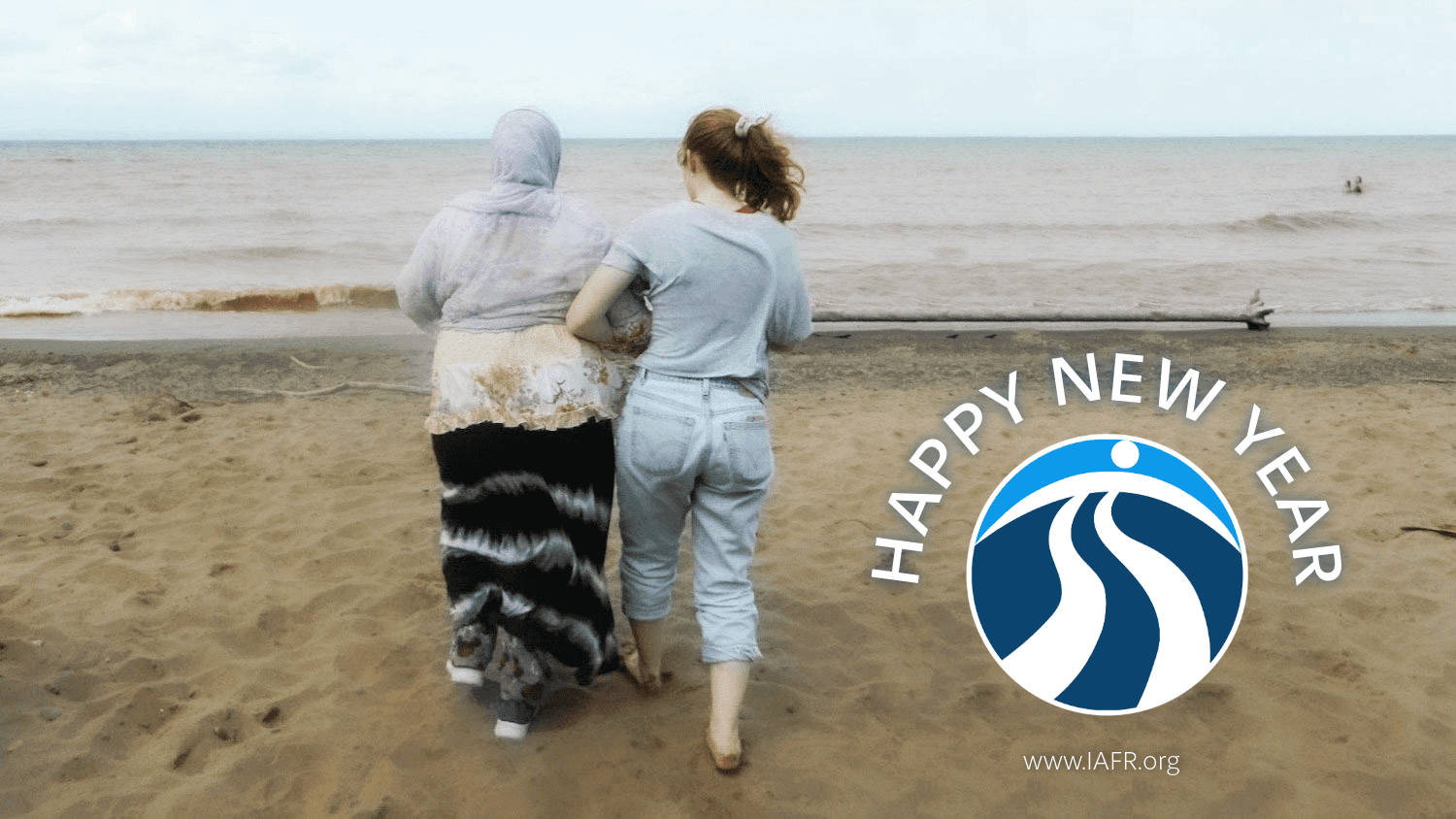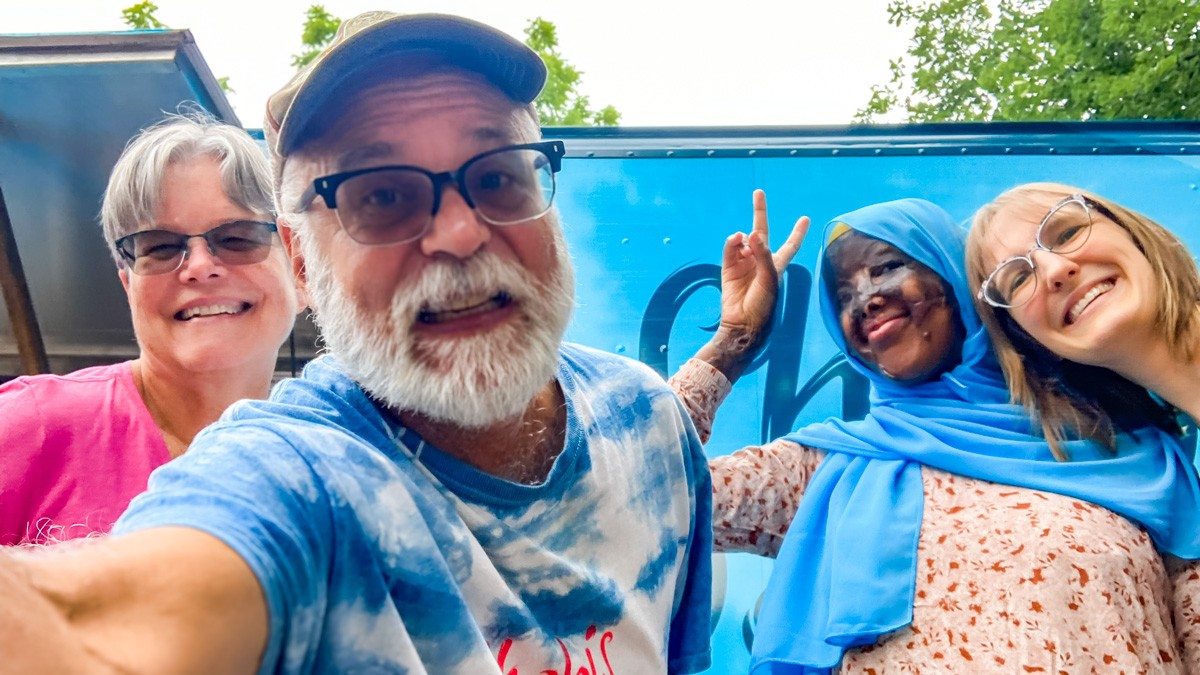"The sea has betrayed me."
Jan 14, 2022
- Tom Albinson

"The Sea Has Betrayed Me."
"What did you expect when you came here, to Europe?" asked a BBC reporter.
"Visibly beaten, Ali hesitated for a moment, but then he gave voice to the thousands who took the journey with him: 'For three years I have trusted the sea would take me somewhere better. But the sea has betrayed me.'"
The above is an excerpt from a chapter written by Dr. George Kalantzis in a new book called "Global Migration and Christian Faith".
In the chapter, Kalantzis observes:
"The International Association for Refugees (IAFR) has identified the continuum of trauma and recovery common in humanitarian disasters, including the unique role communities of faith have in the long-term process of recovery for the survivors."
"...even though a basic level of stability may have been achieved, where security, water, shelter, food, and medical care have been established at one level or another, survivors experience a deep sense of brokenness and of being dehumanized further, for they still have not regained agency."
"The last, and perhaps longest and most difficult phase of the continuum is that of recovery and rehumanizing. This, we argue at IAFR, is where communities of faith have a central role, for no NGO or state agency can walk with a survivor through the processing of one's trauma with the patience, care, and affection a community of faith can. No state program or humanitarian organization can reintroduce the sense of belonging, of 'being seen', of being recognized as a human again..."
"...communities of faith are uniquely situated to be places of long-term recovery. Christian churches and communities of faith, who recognize every person as an image-bearer of God, have the unique responsibility...to assist in the long and arduous work of rehumanizing survivors and restoring hope by being places of safety and healing, strengthening community, faith, emotional well-being, and personal capacity. Christian communities ought to recognize their unique role to not be limited to relief and aid work akin to that of the NGOs, but rather to 'invest in the [survivor's] resilience and seek to strengthen their sense of personal worth and belonging as they work to regain a sense of normalcy in life.'"

Hope is integral to survival.
Indeed, central to the mission of IAFR is our mission to strengthen hope and resilience among forcibly displaced people. We believe the Church has a unique and critical role to play in the lives of our uprooted friends. For if the Church does not deal in the currency of hope, who does?
Partner with us!
We believe that followers of Jesus and their local communities of faith should be at the forefront of welcoming and rehumanizing marginalized people. Why? Because the Bible tells us that God sees, hears, and cares deeply for them.
IAFR needs financial partners like you in order to show up in life-giving ways along the refugee highway - the well-worn routes uprooted people travel in search of safety.
Give to where is is most needed today!
Other Featured Posts

Reciprocity: experiencing God's blessings together
Feb 19, 2026

An empty seat
Feb 4, 2026

Statement Concerning ICE in Minnesota
Jan 23, 2026

Harvest Season at Hope Community
Jan 15, 2026

Happy New Year!
Dec 31, 2025

Merry Christmas from IAFR
Dec 23, 2025

Love Made Me Forget My Scars
Dec 17, 2025

Hope Has a Name
Dec 10, 2025


